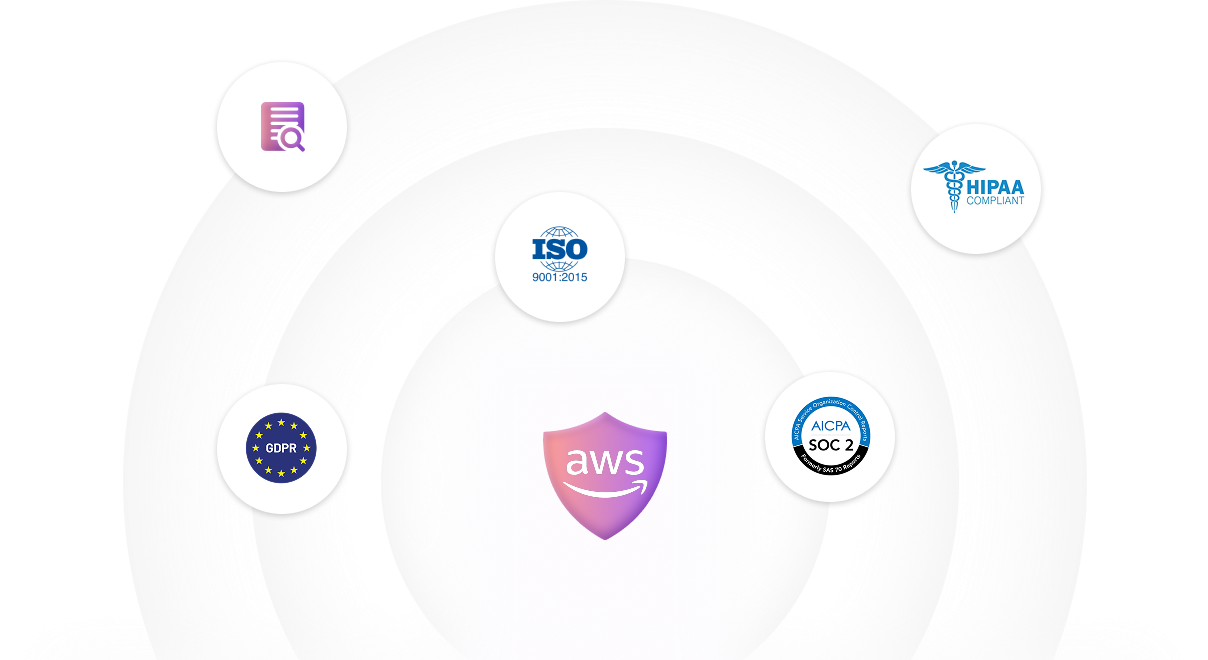The fastest way to
deploy AI agents on your data
Your employees are using AI. You just don't control it.

It can't keep up
9-month average wait for custom AI projects
Your competitors already moved
Average 3–6 month competitive advantage window
It can't keep up
9-month average wait for custom AI projects
Your competitors already moved
Average 3–6 month competitive advantage window
Shadow AI puts you at risk
68% of employees use ChatGPT for work without IT approval
Wrong answers = lost revenue
Generic AI hallucinations impact decisions
Shadow AI puts you at risk
68% of employees use ChatGPT for work without IT approval
Wrong answers = lost revenue
Generic AI hallucinations impact decisions

Build AI agents
in days,
not months



AI agents in action
Purpose-built AI agents for your most critical workflows.
Deployed on your data, governed by your rules, ready for production.
Tenant Agents turn everyday tenant questions into instant resolutions
no tickets, no delays
The challenges
- Superintendents overwhelmed with repetitive tenant questions. Same queries answered hundreds of times. Staff time wasted, after-hours questions unanswered.
The Revinova.ai solution
- 24/7 Tenant AI Assistant trained on building policies and lease templates. Tenants get instant answers. Staff handles only complex issues.
- Upload building handbook, lease templates
- Tenants access via website or portal
- No per-tenant fees, unlimited access

Real-time tenant support, zero staff effort
Eliminates after-hours and weekend calls
Annual per-building savings through admin efficiency

$27,300/yr
saved + after-hours coverage
Why Revinova.ai wins?
The per-seat pricing trap


Sanctioned AI your employees
will actually use

Enable
innovation
Revinova.ai
Maintain
control
Full control
& visibility
Eliminate
risk
Secure
infrastructure

Enterprise security &
compliance



ROI in action
Your investment
Revinova.ai first year ROI
Customer service automation
$125K
Faster sales cycles + lead capture
$100K
Faster onboarding & training
$100K
Total value created
0

Revinova.ai first year ROI
Partial automation, heavy manual effort
$60K
Slow sales cycles, delayed impact
$40K
Complex onboarding & training overhead
$30K
Total value created
0

Ready to deploy AI agents your way?
Schedule a demo to see Revinova in action and start your 30-day pilot



